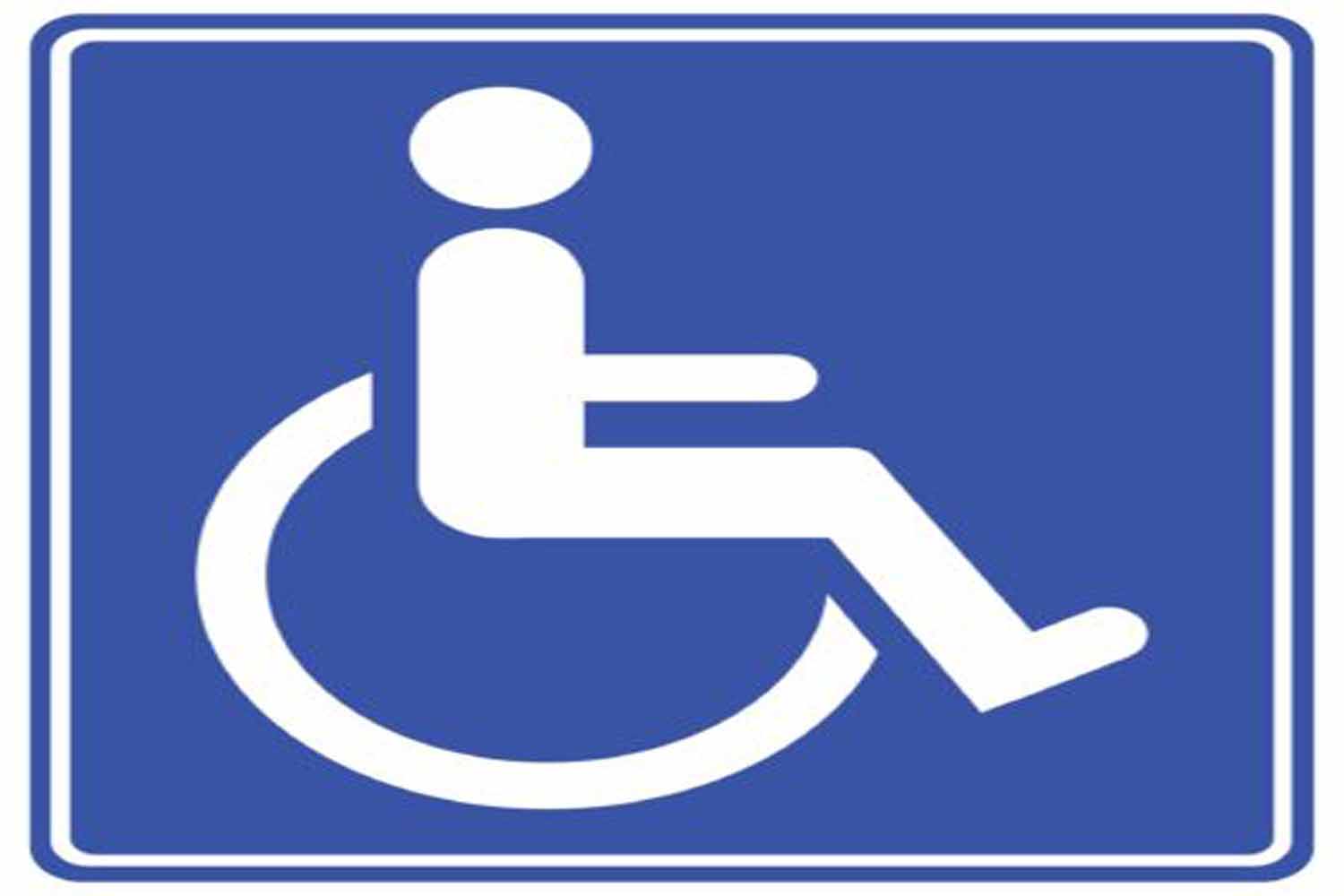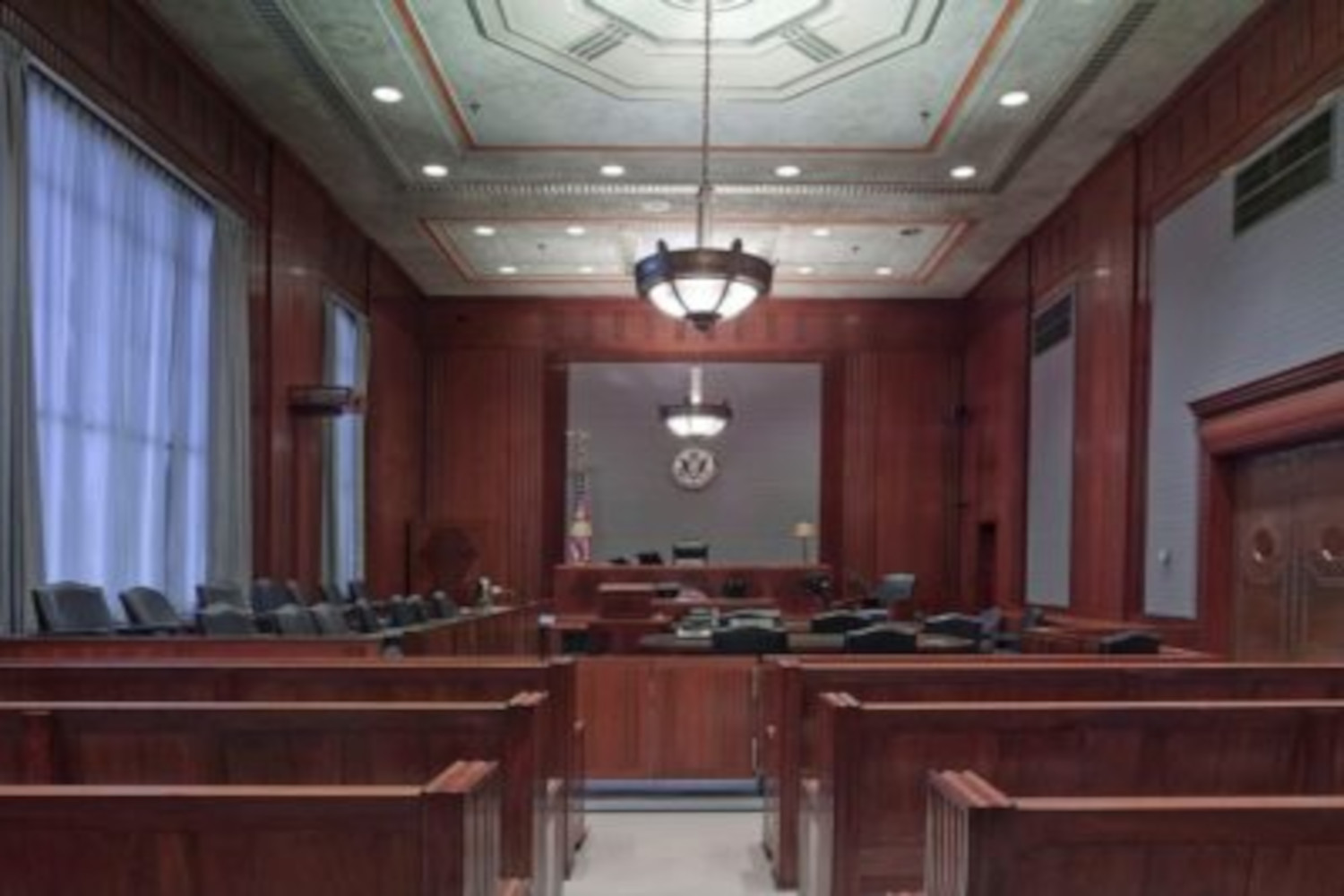

Reserve funding for certain common element items is required for community associations under Florida law. Specifically, condominium associations must fund reserves for roof replacement, building painting, pavement resurfacing and any other item that has a maintenance expense or replacement cost exceeding $10,000. Fla. Stat. § 718.112(2)(f). For homeowners’ associations, if the developer initially established reserve accounts or the members affirmatively elect to provide for reserves, then the association must fund those reserve items in future budgets. Fla. Stat. § 720.303(6)(b).










